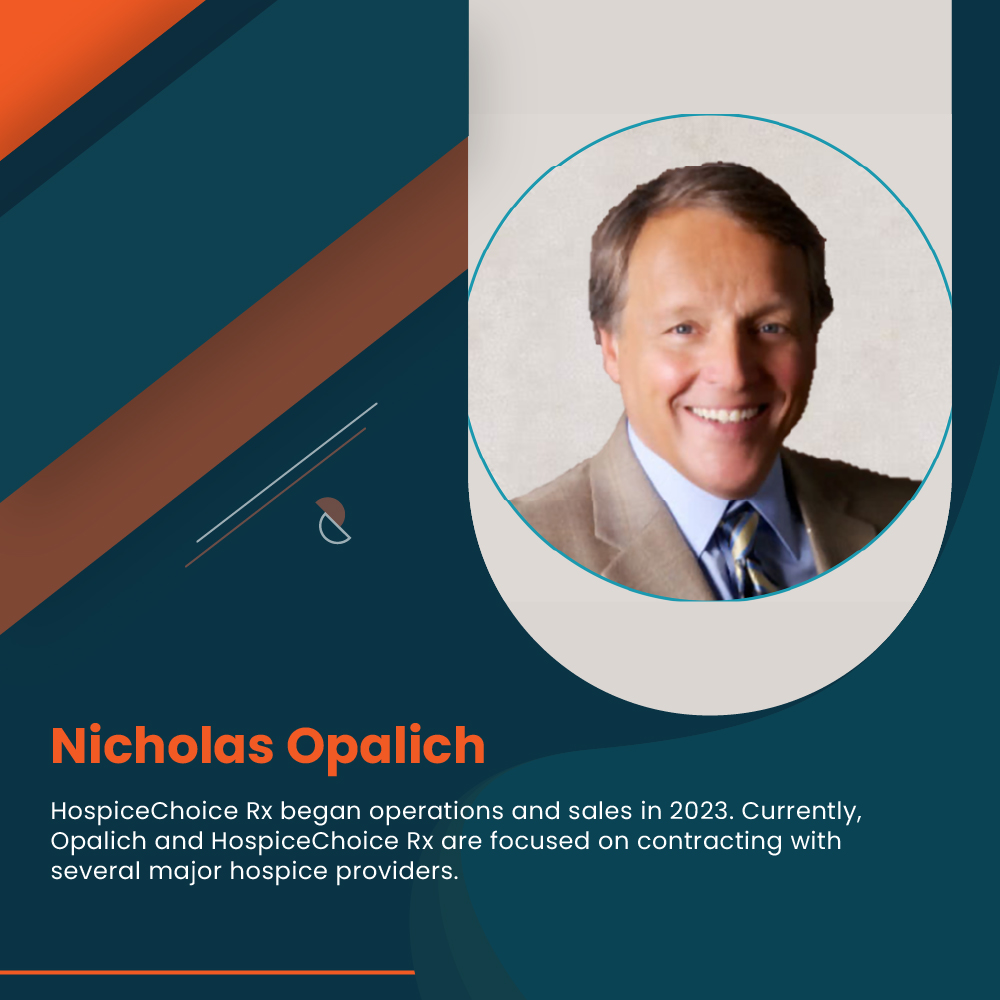
Hospice care focuses on providing comfort and dignity to patients with terminal illnesses, ensuring that their final days are spent with the highest quality of life possible. Integrated pharmaceutical solutions are critical in achieving this goal by enhancing medication management, improving patient outcomes, and supporting caregivers. This article explores how integrated pharmaceutical solutions streamline hospice care, detailing the benefits of efficient medication processes, comprehensive care coordination, advanced technology, patient-centered approaches, and continuous improvement.
Enhancing Medication Management
Effective medication management is essential in hospice care, where the primary goal is to alleviate pain and manage symptoms. Integrated pharmaceutical solutions streamline this process by leveraging technology and data analytics to ensure patients receive the right medications at the right times. Electronic health records (EHRs) and automated medication management systems help maintain accurate and up-to-date medication lists for each patient.
These systems enable hospice pharmacists to monitor medication usage closely, prevent drug interactions, and ensure timely refills. By automating many of the manual tasks associated with medication management, integrated solutions reduce the risk of errors and improve overall efficiency. This streamlined approach ensures patients experience minimal discomfort and maximum relief from their symptoms.
Comprehensive Care Coordination
Integrated pharmaceutical solutions facilitate comprehensive care coordination among the interdisciplinary hospice team, which includes physicians, nurses, social workers, and chaplains. Effective communication and collaboration are essential for developing and implementing individualized care plans that address each patient’s needs.
Pharmacists play a crucial role in this team by providing expert guidance on medication management. They ensure that drug therapies are safe, effective, and aligned with the patient’s goals of care. Regular team meetings and shared access to patient information through EHRs ensure that all team members are informed and can make coordinated decisions.
This comprehensive care coordination leads to more cohesive and personalized patient care, reducing the risk of conflicting treatments and enhancing the overall quality of hospice services. Patients benefit from a well-orchestrated approach that addresses their physical, emotional, and spiritual needs.
Leveraging Advanced Technology
The integration of advanced technology into pharmaceutical services is transforming hospice care. Telepharmacy, remote monitoring, and data analytics are just a few examples of how technology enhances the delivery of pharmaceutical services in hospice settings.
Telepharmacy allows hospice pharmacists to consult with patients, caregivers, and healthcare providers remotely, ensuring timely and expert advice on medication management. This is particularly valuable in rural or underserved areas where access to healthcare professionals may be limited.
Remote monitoring devices, such as smart pill dispensers and wearable health trackers, provide real-time patient adherence and health status data. These devices alert caregivers and healthcare providers to potential issues, allowing for prompt intervention and adjustment of care plans.
Data analytics enable hospice care teams to analyze patient data, identify trends, and make informed decisions about treatment strategies. Predictive analytics can help anticipate patient needs and optimize medication regimens, improving patient outcomes and enhancing the efficiency of hospice care systems.
Patient-Centered Approaches
Hospice care fundamentally relies on a patient-centered approach, with integrated pharmaceutical solutions crucially tailoring care to each patient’s individual needs and preferences. Personalized medication plans are developed based on comprehensive assessments of the patient’s medical history, current health status, and personal goals.
Hospice pharmacists work closely with patients and their families to understand their medication-use preferences and concerns. This collaborative approach aligns medication with the patient’s values, enhancing comfort and quality of life.
Patient education is another key aspect of patient-centered care. Integrated pharmaceutical solutions provide patients and caregivers with the information and support they need to manage medications effectively. This includes education on proper dosing, potential side effects, and adherence to prescribed regimens.
Integrated pharmaceutical solutions help create a more compassionate and respectful hospice care environment by prioritizing patients’ needs and preferences.
Continuous Improvement and Innovation
Continuous improvement and innovation are essential for building better hospice care systems. Integrated pharmaceutical solutions contribute to this by fostering a culture of ongoing evaluation and enhancement. Regular reviews of medication management practices, patient outcomes, and caregiver feedback help identify areas for improvement and implement targeted interventions.
Innovation in pharmaceutical services, such as developing new drug formulations and delivery methods, also plays a crucial role in advancing hospice care. For example, advancements in transdermal patches and subcutaneous injections provide alternative routes for medication administration, improving patient comfort and adherence.
Ongoing education and training keep hospice providers current with best practices and advancements, ensuring patients receive top-quality care.
Integrated pharmaceutical solutions transform hospice care by streamlining medication processes, enhancing care coordination, leveraging advanced technology, and prioritizing patient-centered approaches. These solutions improve the quality of life for patients with terminal illnesses by ensuring effective symptom management and supporting caregivers.
Through continuous improvement and innovation, integrated pharmaceutical solutions contribute to developing more efficient, effective, and compassionate hospice care systems. Patients and their families benefit from coordinated, personalized care that meets their physical, emotional, and spiritual needs, ensuring dignity and comfort in their final stages of life. As healthcare continues to evolve, integrated pharmaceutical solutions will remain essential in shaping the future of hospice care.